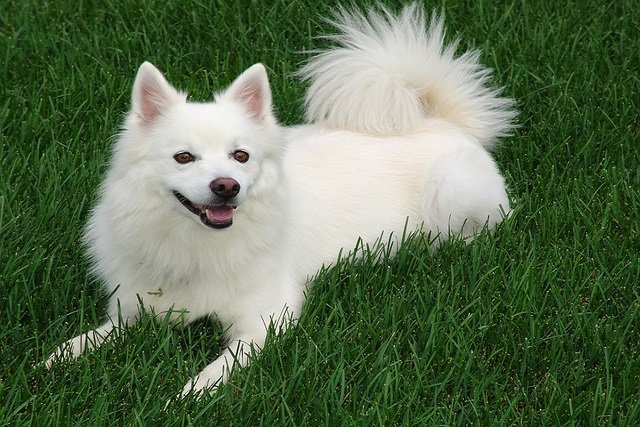
What is glaucoma in a dog?
You might notice your dog squinting more at mealtime or avoiding bright sunlight—these small changes could be early signs of a serious eye condition.
Finding your senior dog pacing the floor, whining, or getting up and down repeatedly at 3 a.m. is stressful—for both of you. When restlessness strikes suddenly, it’s not just a “senior quirk”—it’s usually a sign your pup is uncomfortable, confused, or in pain. For new U.S. dog owners, especially those in apartments where nighttime quiet matters, figuring out the cause and fixing it helps both you and your loyal companion get back to sleep.
Sudden nighttime restlessness in senior dogs often traces to three key issues: cognitive dysfunction (think “doggy dementia”), pain, or urinary discomfort. As dogs age, their brains can shrink, leading to confusion about day/night cycles—they might think it’s time to play or go outside when it’s dark. Arthritis, common in older dogs, flares up at night when joints stiffen; my 12-year-old Golden Retriever, Max, started pacing because lying on his hip hurt. Urinary tract infections (more common in seniors) make them feel the urge to pee constantly, even if they just went out. Unlike puppies, senior dogs don’t act out—restlessness is their way of saying something’s wrong. Punishing them for pacing is never okay; it violates U.S. animal welfare standards and punishes them for discomfort they can’t control.
Start by observing patterns: Does pacing happen after lying down (pain)? Does they stare at walls or forget where their bed is (cognitive issues)? Do they ask to go out frequently (urinary problems)? For apartments, make small adjustments: Add a night light to reduce confusion, place a orthopedic bed on the floor (avoid stairs) for joint pain, and keep a water bowl nearby (but not too close to avoid midnight potty runs). If restlessness lasts more than 2 nights, call your vet—they can test for infections, prescribe joint pain meds, or suggest supplements for cognitive function. Use positive reinforcement when they settle: A gentle pat or soft treat rewards calm behavior, making them more likely to relax.

Before morning walks, confirm your dog’s rabies vaccine is up to date—senior dogs with weakened immune systems need current shots, as required by all U.S. states. Always carry poop bags: Accidents due to restlessness happen, but cleaning them promptly keeps your apartment clean. Leaving messes in apartment hallways isn’t just rude; cities like Boston fine owners up to $250, and tracking bathroom habits helps your vet diagnose issues.
Sudden nighttime restlessness in senior dogs isn’t something to ignore—but it’s almost always treatable. With observation, small adjustments, and vet help, you’ll both be sleeping soundly again soon.

You might notice your dog squinting more at mealtime or avoiding bright sunlight—these small changes could be early signs of a serious eye condition.

Let’s set the scene: It’s a sweltering Phoenix afternoon—105°F outside—and you rushed your 2-year-old Lab mix, Cooper, on a quick walk to “get it over with.”

Let’s get real: You’re in your Miami apartment, watching your 3-year-old Corgi, Loki, struggle to climb the stairs to your second-floor unit.

Many dog owners brush off occasional scratching as just “dog behavior,” but persistent itching often signals something more—like a food allergy.

You might first notice your dog scratching more than usual—chewing at their paws until the fur looks thin, or rubbing their face against the couch nonstop.

Let’s be real: You’re standing in your Chicago apartment, watching your 3-year-old Beagle, Max, huff and puff just to climb onto the couch.